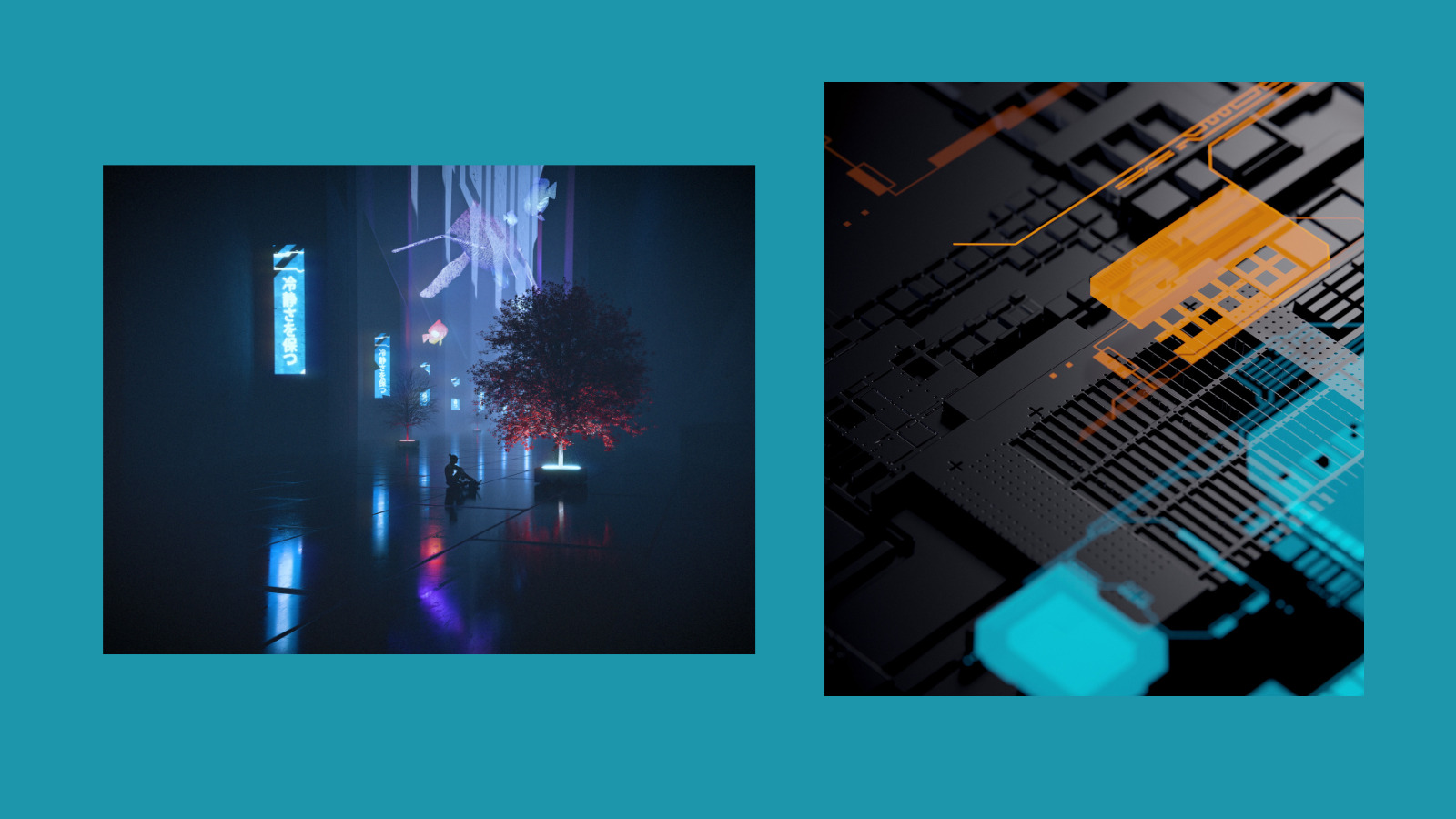
23 Oct AI, Art, and Fashion: A Glimpse into the Future through EPIK and Alexander Reben
In a world where technology and art converge, the boundaries of creativity and human-machine symbiosis are being explored in ways we could have only imagined. As we embark on a journey through the world of fashion, we’ll also take a fascinating detour into the realm of art and artificial intelligence, guided by EPIK and the works of artist Alexander Reben. These innovative forces are redefining not just how we dress but also how we think about creativity, labor, and the future.
The Fashion Revolution
Fashion, a cultural reflection and personal expression, is undergoing a profound transformation. Sustainability, personalization, and inclusivity have become the driving forces behind the new wave of fashion design. This evolution is not just about aesthetics; it’s about addressing the environmental and social impacts of the industry.
The Power of EPIK
In this fashion-forward journey, we encounter EPIK, an app that’s revolutionizing how we approach clothing. EPIK combines the power of technology, particularly augmented reality (AR) and artificial intelligence (AI), to bring personalized fashion to our fingertips. Through EPIK, users can explore a world where clothing is not just a garment but a canvas for individuality.
EPIK’s ‘AI Yearbook’ feature, which has recently taken social media by storm, allows users to experiment with retro styles and create unique fashion statements. The app not only embraces personalization but also provides a platform for users to craft their digital wardrobe, encouraging a sustainable approach to fashion.
Art and AI: Alexander Reben’s Exploration
While EPIK takes us on a journey through the fashion landscape, artist Alexander Reben invites us to explore the intersection of art and artificial intelligence. His upcoming exhibition, “AI Am I?” at the Crocker Art Museum, challenges us to contemplate the role of AI in art and daily life.
Reben’s work, both before and after the emergence of current-generation AI models, serves as a brief history of this emerging field. He delves into the question of whether machines are entities with whom we should cooperate and to what degree. Reben’s art is a reflection of our evolving relationship with machines, embodying the idea that art serves as a “distant early warning system” for cultural changes.
A Dialogue of Creativity and Curiosity
As we navigate this terrain, questions arise about the future of creative labor and the potential for AI to replace traditional roles in art, design, and more. Reben’s practice suggests that human creativity’s essence lies not just in providing answers but in generating better questions. In an age where machines excel at providing solutions, our role as humans may evolve into one centered around curiosity and inquiry.
As we explore the future of fashion through EPIK and delve into the realms of art and AI with Alexander Reben, we find ourselves at the intersection of creativity, technology, and humanity. The journey is not just about what we wear or create; it’s about how we envision a future where symbiosis between humans and machines leads to new forms of creativity and innovation. The future is here, and it’s a canvas waiting to be painted with sustainable, unique, and thought-provoking ideas.
The Questions that Define the Future of Creativity
Amidst the whirlwind of change in both fashion and art, the pivotal questions that emerge revolve around the essence of creativity itself. In fashion, will AI and technology amplify the designer’s creative prowess or replace it? How will personalization and sustainability intersect to create fashion that resonates with individual identities and environmental responsibility? In art, can machines be our creative partners, prompting us to explore uncharted territories of imagination, or do they threaten to overshadow our unique human expressions? These questions, as profound as they are, serve as signposts on our journey towards a future where fashion, art, and technology intertwine to redefine creativity in ways we are only beginning to comprehend.

